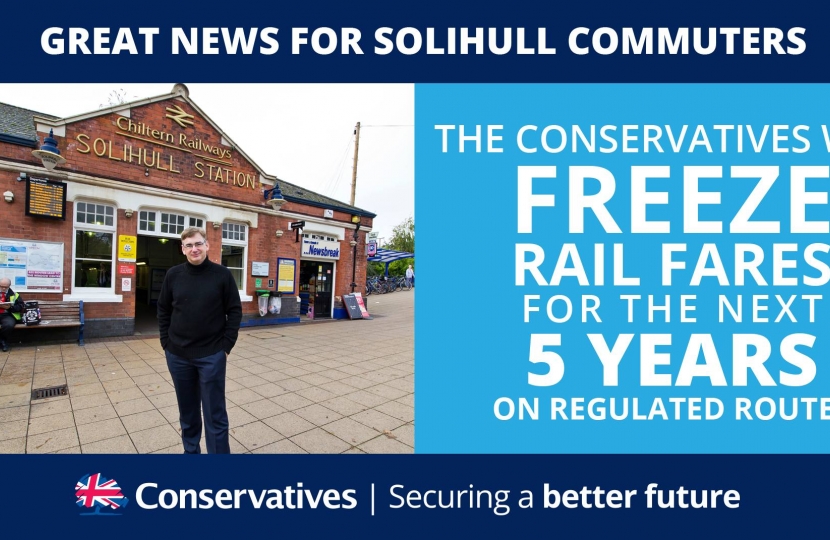
A Message from the Prime Minister:
Rail fares make an essential contribution to keeping trains running and funding investment in the network – but rises can have a big impact on families’ finance, and under Labour, fares rose faster than prices year after year. ‘Flex’ pricing was also introduced allowing large back-door increases in fares on some routes well above the fare cap, making a big impact on thousands of families.
That is why in 2014 we froze the average regulated fare in real terms – for the first time in a decade. And for 2015 we did the same again, also removing the ‘flex’ train operating companies had so that no fare could rise above inflation. At the same time £38 billion is being invested in rail modernisation over the next five years, which will help cut journey times, provide better connections for passengers, and stimulate economic growth and new jobs across the country.
Improving the railways and building better infrastructure is a key part of our long-term economic plan to ensure a better and more secure future Britain and for hardworking people. And by ensuring we also keep fare rises down we are helping hardworking taxpayers who rely on the railways more financially secure.
Rail fares. There are two types of regulated fares: commuter fares and protected fares. Commuter fares include season tickets to, from and within London; and protected fares include weekly season tickets, standard returns, and saver returns. Unregulated fares, which include all first class fares, can be determined on a commercial basis (House of Commons library, Railways: fares, 29 September 2014, link).